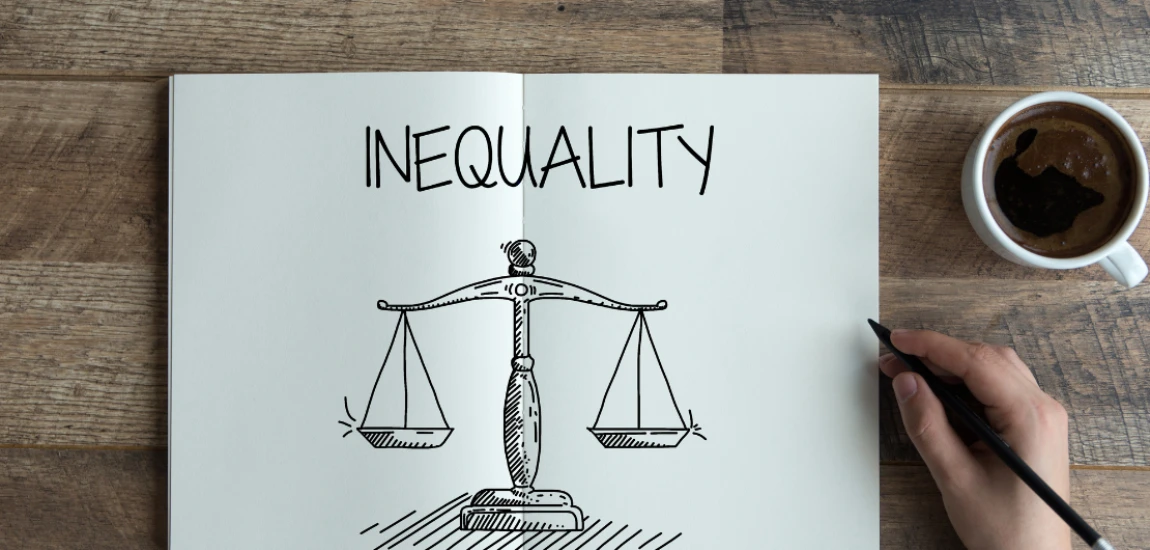The End of Aging: Longevity, Ethics, and Inequality

For centuries, humanity has dreamed of conquering aging. From the mythical Fountain of Youth to modern anti-aging serums, people have always sought ways to extend life. Today, this dream no longer belongs to legend or folklore—it rests in the hands of science. Advances in biotechnology, gene editing, and regenerative medicine suggest that the end of aging may be within reach. Scientists are no longer asking if aging can be slowed down, but how far it can be pushed.
But alongside excitement comes a storm of ethical, social, and political questions. If aging can be delayed—or even reversed—who will benefit? Will extended lifespans lead to new inequalities, overpopulation, or unexpected consequences for society?
This blog explores the science behind longevity, the ethical debates it raises, and the inequalities that may arise in a world where aging could become optional.
The Science of Longevity: Can We Really End Aging?

The end of aging is no longer science fiction. Scientists are actively unraveling the biological processes that cause our bodies to decline, and several breakthroughs are bringing longevity closer to reality.
Understanding the Biology of Aging
Aging is not a single process but a collection of biological failures. Cells accumulate damage, DNA mutates, and telomeres (the caps on the ends of chromosomes) shorten with every division. Over time, these changes lead to weakened organs, slower healing, and greater vulnerability to disease. Researchers call these mechanisms the “hallmarks of aging.” Targeting them has become the central goal of longevity science.
Breakthroughs in Anti-Aging Technology
Scientists are experimenting with various methods to slow—or even reverse—aging:
Senolytics: Drugs that remove “zombie cells” (senescent cells that stop dividing but refuse to die), which cause inflammation and tissue damage.
Gene Editing: Tools like CRISPR allow scientists to repair or reprogram faulty DNA linked to aging and disease.
Regenerative Medicine: Stem cell therapy and tissue engineering promise to rebuild damaged organs.
Epigenetic Reprogramming: Resetting cells to a “youthful” state by altering how genes are expressed, without changing the underlying DNA.
The Possibility of Radical Life Extension
While modest gains in lifespan are already possible, some scientists predict more radical changes. Visionaries like Aubrey de Grey argue that the first humans to live to 150—or even 1,000—may already be alive today. Whether these predictions hold true remains uncertain, but the trajectory of science suggests that aging is no longer inevitable.
Ethical Questions: Should We End Aging?

If humanity gains the ability to dramatically extend life, we face moral dilemmas as profound as the technology itself.
Playing God: Is It Natural?
Some argue that death gives life meaning, and interfering with aging disrupts the natural cycle. Religions and philosophies often see mortality as a defining part of human existence. Would eliminating aging strip life of its urgency, making achievements and relationships less meaningful?
Overpopulation and Planetary Limits
If people live far longer, how will society manage resources? Longer lifespans could strain food supplies, housing, and energy. Without careful planning, radical life extension could worsen climate change and global inequality. Others argue that technology may also provide solutions, such as renewable energy and lab-grown food, but the balance is uncertain.
The Right to Die
Another ethical challenge arises in the opposite direction: if science can keep us alive indefinitely, do individuals still have the right to choose death? For some, the thought of centuries-long existence may feel like a prison rather than a gift. Ethical frameworks will need to protect not just the right to live longer but also the right to die when life no longer feels worth living.
The decision to end aging is not just about biology—it is about redefining what it means to be human.
Longevity and Inequality: Who Gets to Live Forever?

One of the biggest concerns about the end of aging is inequality. Technology is rarely distributed evenly, and longevity could deepen divides between rich and poor.
The Price of Immortality
Anti-aging treatments will likely be expensive at first, accessible mainly to the wealthy. Imagine a world where billionaires live for centuries, while the poor face ordinary lifespans. This “longevity divide” could create a new class system where social status is measured not only by wealth but also by time.
Global Inequality and Access
Beyond individual wealth, entire nations may be left behind. Wealthy countries with advanced biotechnology may extend lifespans for their citizens, while poorer countries struggle with basic healthcare. This could worsen global inequality and spark conflicts over migration, resources, and medical access.
Political and Social Power
If the powerful live longer, they could also dominate political and economic systems for centuries. Leaders, CEOs, or elites who never age might entrench themselves in positions of influence, reducing opportunities for younger generations. On the other hand, some argue that extended lifespans could bring wisdom and stability if used responsibly.
The future of longevity is not just about science but about fairness. Ensuring equitable access will be one of humanity’s greatest challenges.
The Future of Humanity: A World Without Aging

What would a world without aging look like? The answer depends on how society adapts to this new reality.
Redefining Work, Education, and Retirement
If people live to 150 or beyond, the structure of life will change dramatically. Education may span decades, careers could stretch over a century, and retirement might be delayed indefinitely. The traditional stages of life may blur into one continuous journey of reinvention.
Family and Relationships Across Centuries
Family dynamics will also shift. If multiple generations live simultaneously for hundreds of years, what happens to inheritance, marriage, or parenting? Relationships may become more fluid, and society may need new models for community and connection.
A New Human Identity
Ultimately, ending aging challenges what it means to be human. Mortality has shaped culture, religion, and art for millennia. Without death as a constant, humanity may need to redefine purpose, meaning, and identity. Will extended life make us wiser—or simply more restless?
The end of aging offers not just longer lives but a new vision of humanity itself.




